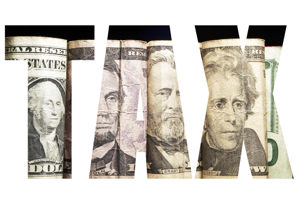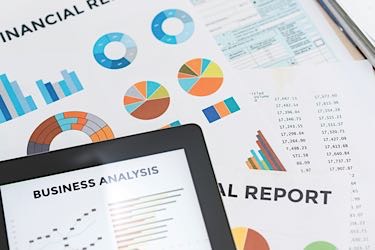In a perfect world, small businesses would have enough capital to fund any renovation or new construction project they wished to pursue. Buildings would never be run down, shops would use the latest equipment technology and operating space wouldn’t be an issue. But this isn’t a perfect world. Construction costs can add up quickly, and not every small business has enough free capital to fund a project without bank financing.
Can you point your company in the direction of financial success, step on the gas, and then sit back and wait to arrive at your destination? Not quite. You can’t let your business run on autopilot and expect positive results. Any business owner knows you need to make numerous adjustments along the way. For example, there are decisions about pricing, hiring, investments, and so on.

Business plans are for start-ups, right? Why would an established business need one? The fact is, the questions you have to answer as a start-up get forgotten in the daily hubbub of running a business. A little time spent asking some basic questions can trigger new opportunities, greater freedom or both.
Are you paper rich but cash poor? A business can be profitable on paper, but bankrupt in real life – if you don’t manage cash flow effectively. Without cash, a repair shop will inevitably shut down, regardless of how profitable it looks on paper. You can be “rich” in accounts receivable and inventory, but cash poor if these assets are not convertible into cash to meet current obligations. In fact, cash is the only asset a company needs to stay in business.

According to a recent article in The Wall Street Journal, some CEOs are starting to understand the price they have to pay for quick profits, and many of them are now taking a different approach. Although all companies should consider their long-term growth and financial stability, there has been an ongoing challenge that today’s CEOs face – the relentless demand for immediate profits that is put on them by their stockholders.

Equipment costs are unavoidable. Whether it’s the front of a shop, back office or in the bay, repair shop owners and tire dealers need a variety of tools to keep their businesses running. The debate for many business owners is if they should buy or lease this equipment. So when it comes time to make equipment acquisition decisions, it’s important for business owners to understand the pros and cons of buying and leasing.
While the fate of several business-related tax extenders such as Research & Development tax credits, bonus depreciation, and Section 179 expensing that expired at the end of 2014 is uncertain, there are still a number of end-of-year tax planning strategies businesses can use to reduce their tax burden for 2015.




